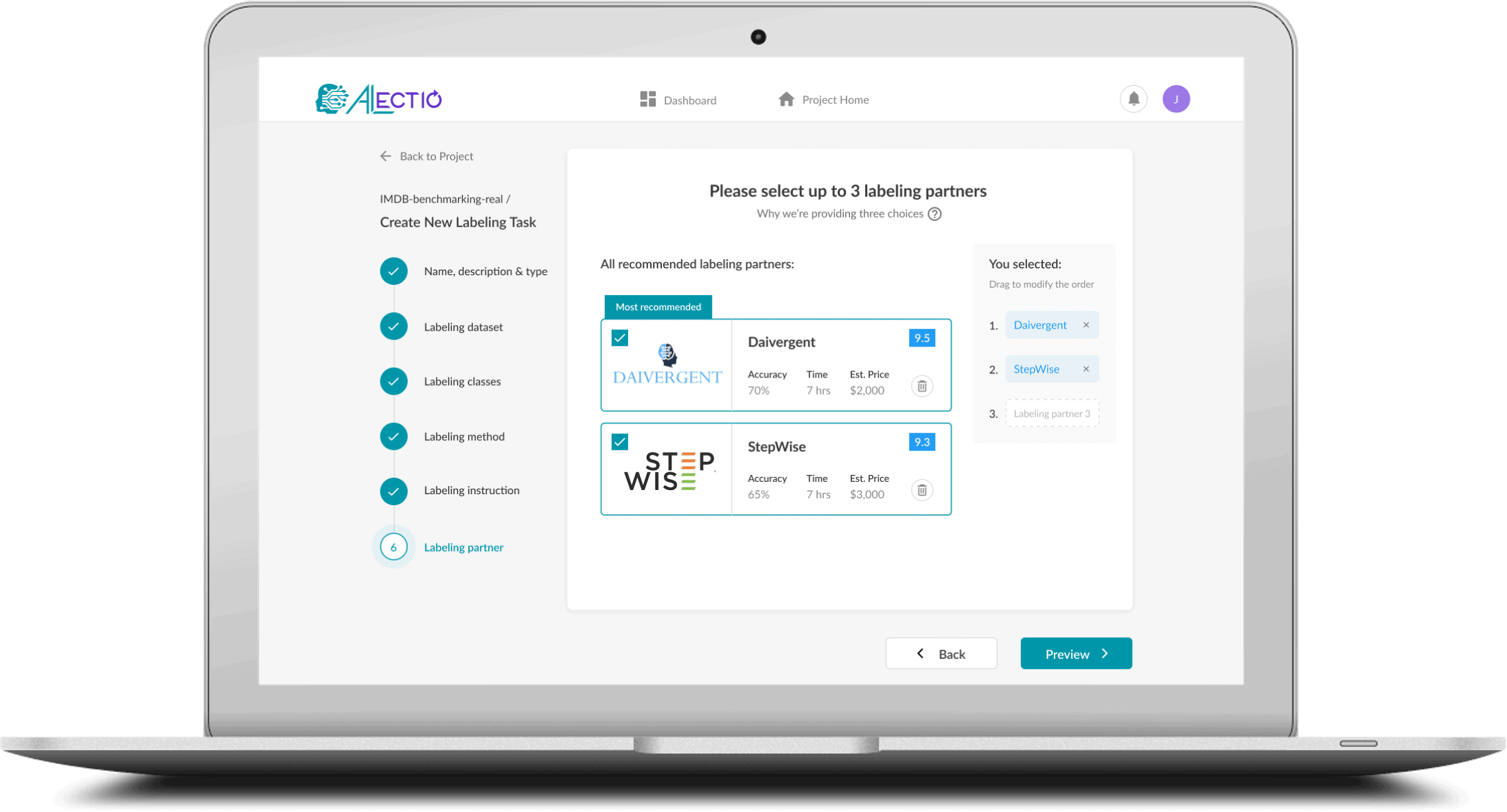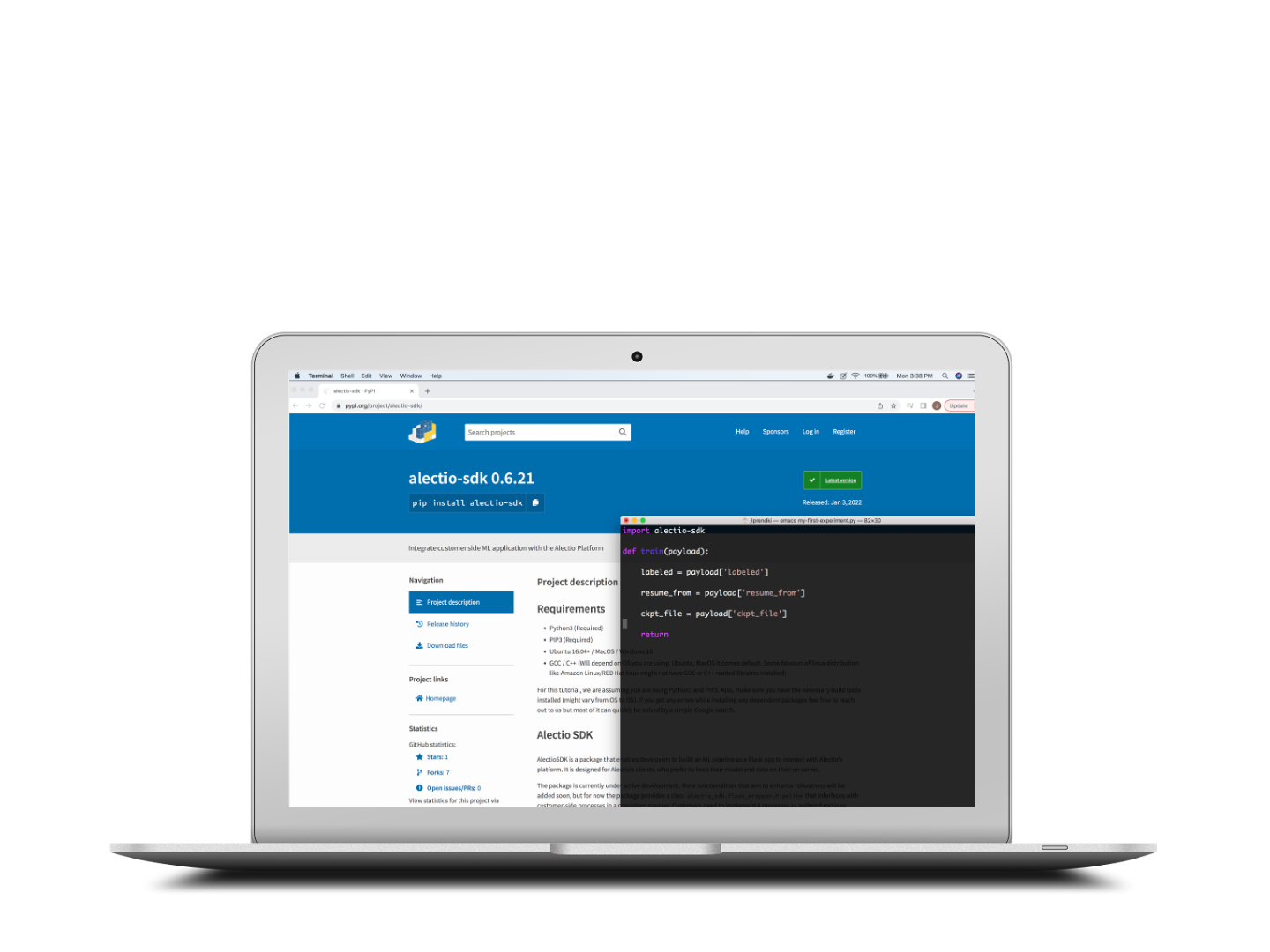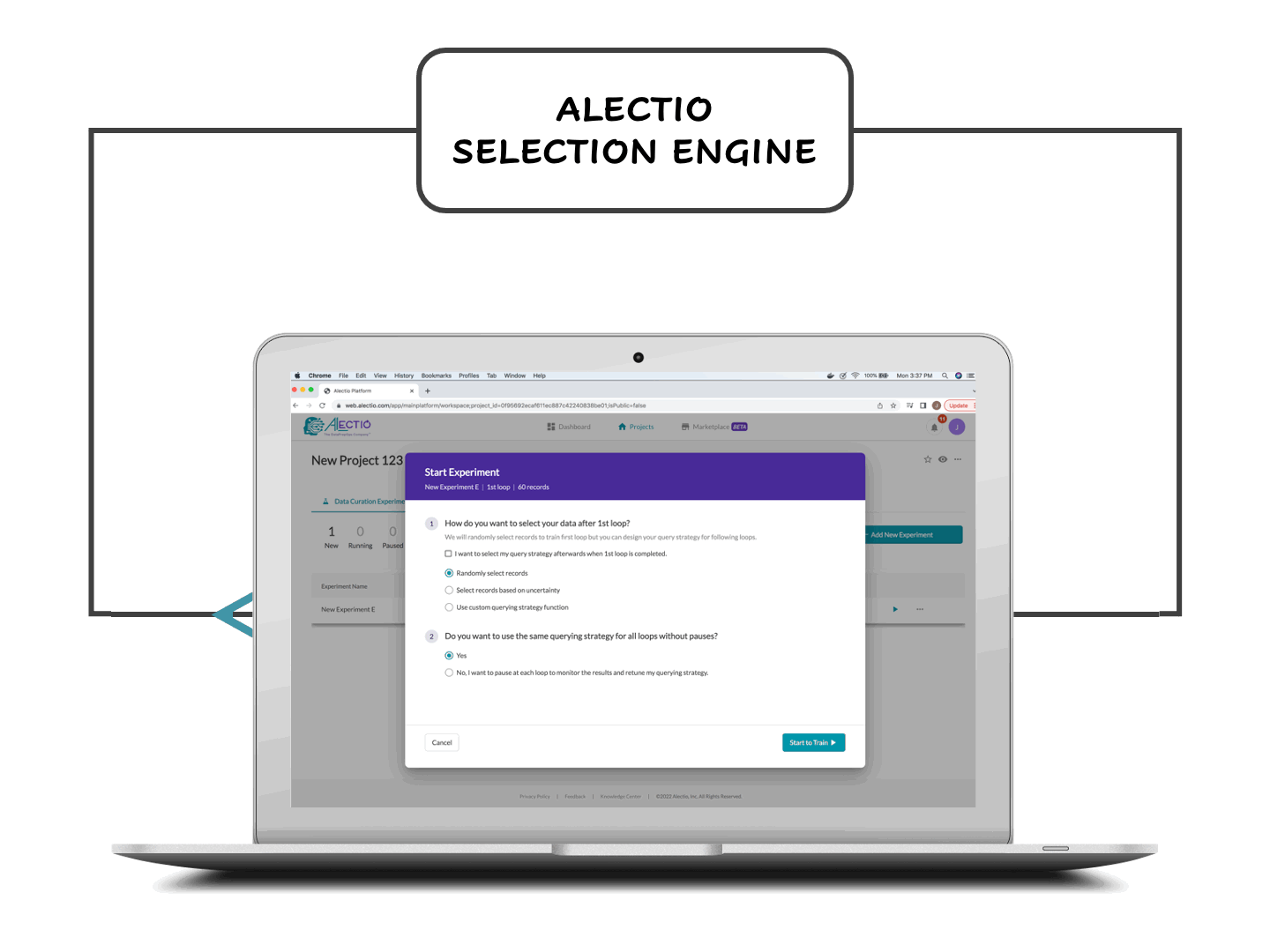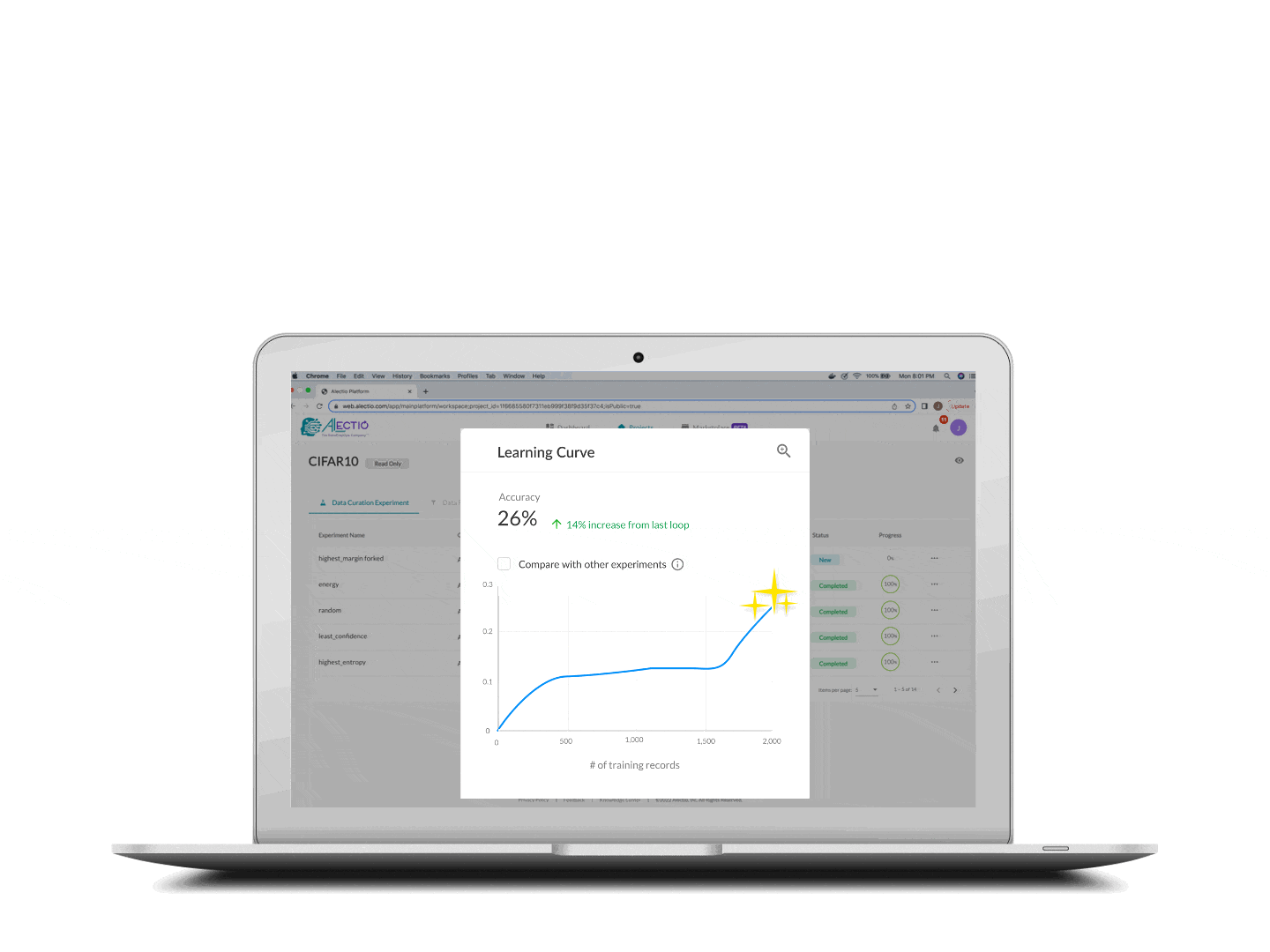Data Filtering
YOUR PRE-TRAINING DATA CLEANING ASSISTANT
With Data Curation, you could select records from an existing raw dataset dynamically, during the training process. so that the model could be trained optimally.
With Data Filtering, you don’t even need to start training your model to select data. In fact, you don’t need a model at all. All you need is a use case, and we will tell which data to select and which data to discard, at the time of collection. You can save big on the operational costs of data select and collect or generate the right data right away instead of collecting it all and curating later.
Decide which Data to Keep, on the Edge of a Device
Imagine that you could know if a data record will be useful to your use case at the time when you collect it. That’s exactly what Data Curation will do for you. No need to collect large datasets to end up discarding 90% of it. You can now collect more information-dense data and get better models even if you have constraints in terms of data storage and data transfer costs.
Receive Real-Time Feedback on your Data Collection Strategy
Most companies do not have strategies when collecting data. Autonomous driving companies send their entire fleet of vehicles to drive aimlessly with the hope that they will capture relevant pictures and catch those rare but highly informative records that will boost model performance. Use Alectio’s patented Data Filtering technology to redirect vehicles to places where more information-dense data can be collected. It’s like getting a training dataset on steroids from the get-go!
Clean up your Databases and Organize your Data by Use Case
Data Filters are light-weight models that predict the informational value of data records, one-by-one, for a specific use case. Need to decide which training data to keep for your use case? Run the data through the Data Filter and purge your data store from the irrelevant or harmful data.

At the edge of your model sits how your training data is working or not working for your models. Alectio’s Data Filtering can in real-time listen and learn from your models what data they need to perform at their expected best. This can be especially useful for use cases like autonomous vehicles, where large volumes of data are collected and stored in the cloud and where labeling costs are especially high.
Let Your Models Tell You What Data it Needs!
Alectio’s Reactive Data Filtering gives you real-time feedback on the most useful data for your models.
Works with your existing data sets to predict which data is most useful for your models.
Works to determine model performance with a given training data set – even without internet access.
Works without needing to collect every byte of data. We’ll help you save only the most important information–in real-time.



